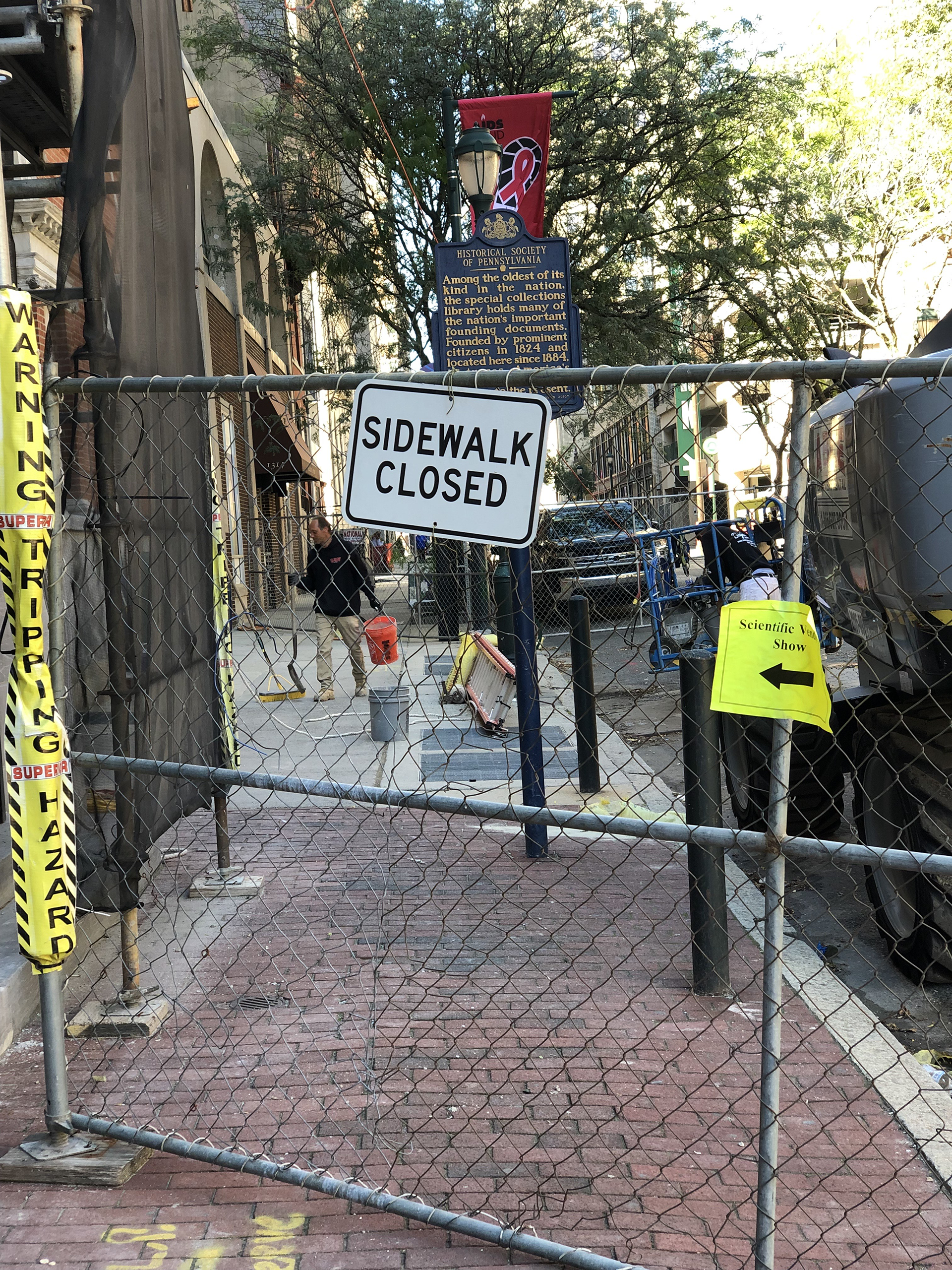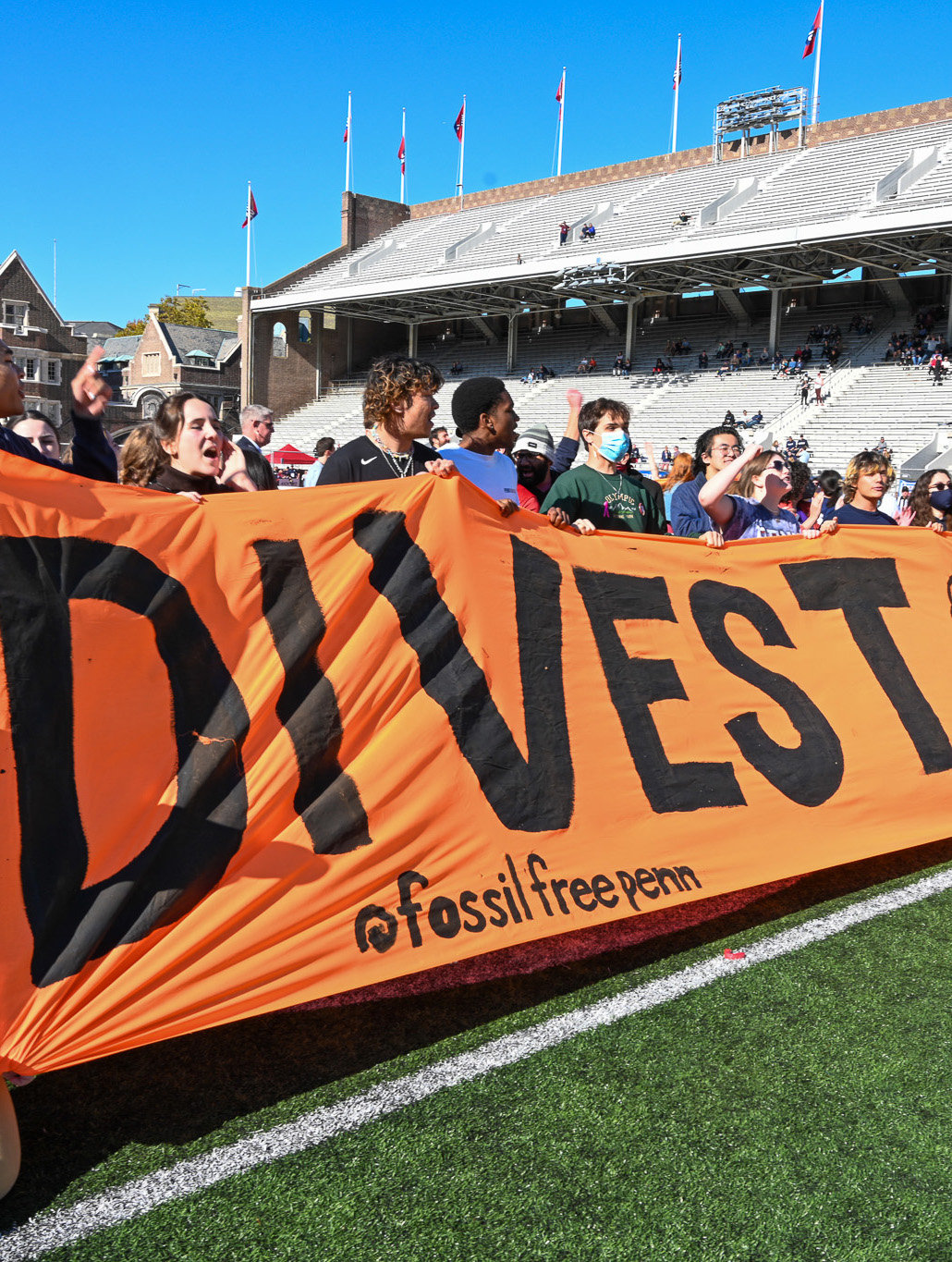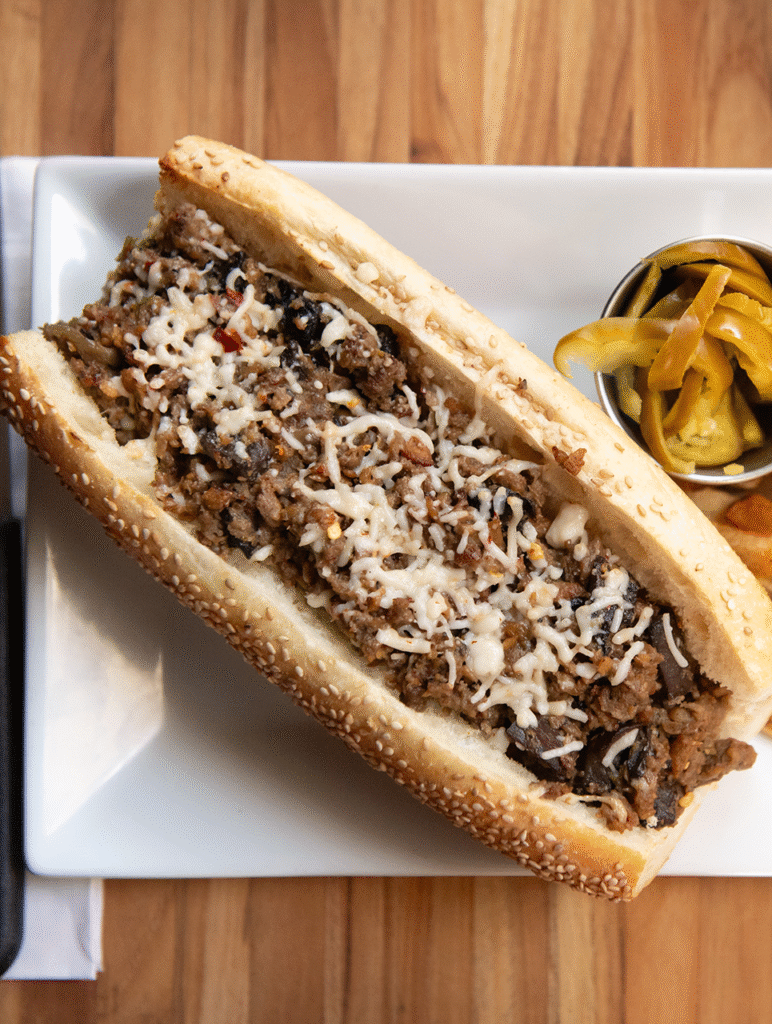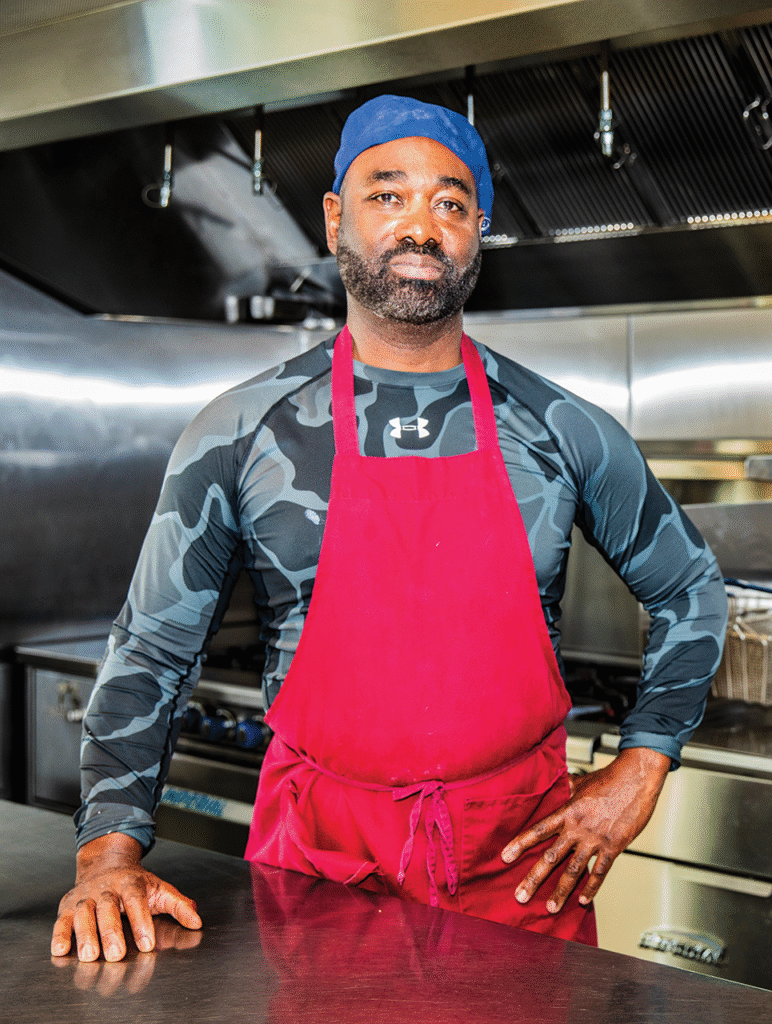The City of Philadelphia and four disabled people — Tony Brooks, Liam Dougherty, Fran Fulton and Louis Olivo — who sued to require the City to provide accessible sidewalks and street crossings as required by the Americans with Disabilities Act (ADA) have announced a proposed settlement to avert a lawsuit.
The City will install ADA-compliant ramps as streets are resurfaced, with a requirement to install or remediate at least 10,000 curb ramps over a 15-year period. The settlement also requires the City to create a system to respond to complaints about broken ramps by inspecting and repairing them.
“I am elated the City has realized how important it is to the health and welfare of the community to take care of crosswalks, sidewalks, and curb cuts,” Fulton says. “I’m disappointed it took a lawsuit to reach this realization. They were tough to negotiate with, but I am happy with the results.”
As Grid reported in recent coverage of the inaccessibility of Philly sidewalks, the four plaintiffs (joined by advocacy groups Liberty Resources, Inc.; Disabled in Action of Pennsylvania, Inc.; and Philadelphia ADAPT) sued in 2019 to force the City to comply with the Americans with Disabilities Act.
The 10,000 ramps the City is required to address in 15 years represent but a fraction of the total of noncompliant ramps, estimated to be about 72,000 back in 2014. The settlement also does not cover all areas of sidewalk accessibility. For example, the judge in the case decided that the City is not required to ensure maintenance of privately owned sidewalks under the ADA, a ruling that conflicts with other court decisions in similar cases.
Attorney David Ferleger, who represented the plaintiffs, said that they could have appealed the ruling about privately owned sidewalks if the case had gone to trial. That would, however, have delayed a resolution to the case overall and could have risked an unfavorable court decision. “We decided not to delay the whole case and risk losing everything by trying to preserve the sidewalk issue, but there’s no doubt that sidewalk obstruction is a very big problem in Philadelphia,” Ferleger says.
The settlement requires the City to report annually on its progress in repairing and installing curb ramps. The court also retains jurisdiction over the case, meaning that the plaintiffs won’t need to sue the City again if it fails to live up to the agreement.









